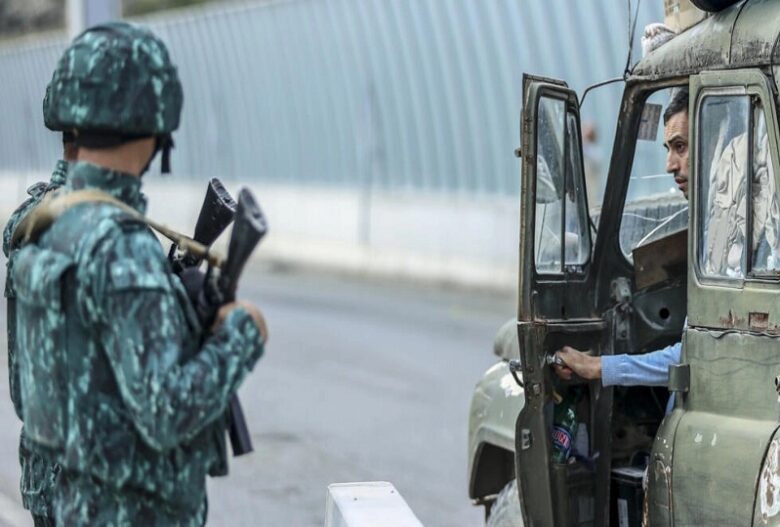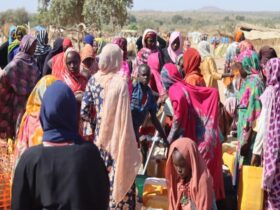Armenia and Azerbaijan revealed on Tuesday that they have commenced the process of demarcating their border, marking a significant step in the normalisation of relations between the two historical adversaries who had been embroiled in a territorial dispute spanning decades.
Last month, Armenian Prime Minister Nikol Pashinyan acquiesced to Baku’s request to return four border villages that were historically part of Azerbaijan during the Soviet era.
The agreement sparked protests among residents of nearby Armenian villages, prompting renewed tensions.
Both nations reaffirmed their commitment last week to progress with border demarcation in the region using Soviet-era maps.
On Tuesday, the interior ministries of Armenia and Azerbaijan jointly announced the commencement of ground delimitation efforts.
Azerbaijan stated that expert groups are currently working on defining coordinates through geodesic surveys of the terrain, while Armenia emphasized that no parts of its sovereign territory would be relinquished to Baku as a result of the demarcation process.
The announcement triggered fresh rallies in Armenia
Armenian media reported that dozens of protesters obstructed the vital Armenia-Georgia highway at various locations, including near Lake Sevan and the town of Noyemberyan, adjacent to the border with Azerbaijan.
The four deserted settlements slated to be returned to Azerbaijan – Lower Askipara, Baghanis Ayrum, Kheirimly, and Gizilhajili – were seized by Armenian forces in the 1990s, resulting in the displacement of their ethnic Azerbaijani inhabitants.
Residents of adjacent Armenian villages are apprehensive about potential isolation from the rest of the country and the prospect of some residences falling within territory controlled by Azerbaijan.
Given its strategic significance for landlocked Armenia, the area holds considerable importance.
There are concerns that several small sections of the highway leading to Georgia – crucial for Armenia’s foreign trade – might fall within the territory slated to be returned to Azerbaijan.
The delimited border will also pass near a significant Russian gas pipeline, and the region boasts advantageous military positions.
Pashinyan emphasised the importance of resolving remaining border disputes with Azerbaijan “to prevent a new war”.
He announced on Saturday that Russian border guards, stationed in the area since 1992, will be substituted by Armenian servicemen.
“Russian border guards will depart from the region, and Armenian and Azerbaijani border guards will collaborate to secure the state border independently.”
He described the border delimitation as a “significant ground change,” indicating that the two countries now have a border rather than a contact line, which symbolises peace.
Last fall, Azerbaijani forces regained control of the breakaway Nagorno-Karabakh region from Armenian separatists in a swift offensive, effectively concluding a decades-long conflict over the mountainous territory.
Although both Pashinyan and Azerbaijani President Ilham Aliyev express optimism about reaching a broader peace agreement, persistent territorial disputes continue to pose a potential risk of renewed hostilities.
YOU MAY ALSO READ: Sixteen dead, 28 missing after boat capsizes off Djibouti coast









Got a Question?
Find us on Socials or Contact us and we’ll get back to you as soon as possible.